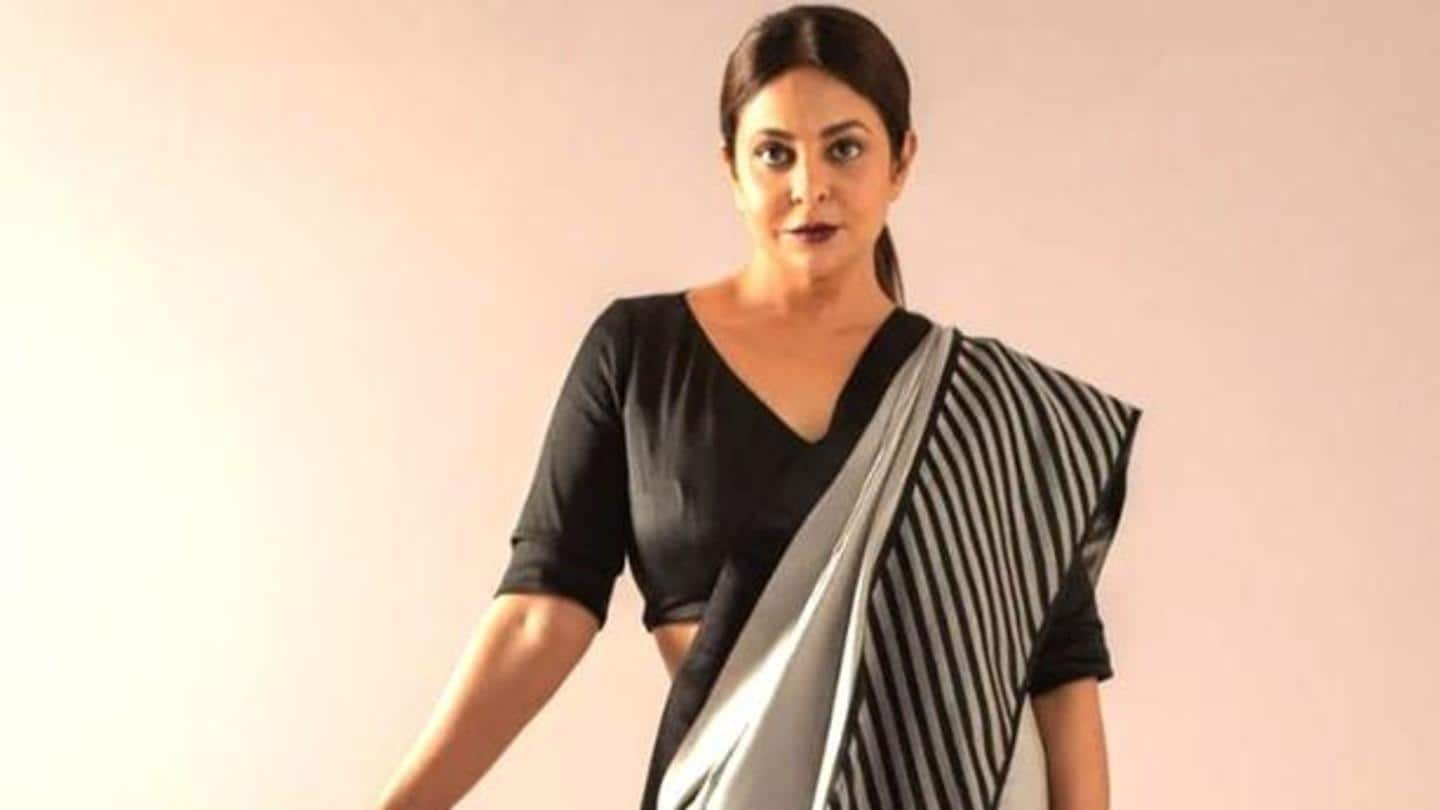
Wasn't sure about turning a director with 'Someday': Shefali Shah
What's the story
Actor Shefali Shah, who has made her directorial debut with the pandemic-themed short film Someday, says she wanted to become a filmmaker for the longest time but was not sure whether she could shoulder the responsibility.
The Delhi Crime star said the coronavirus-led lockdown gave her the scope to write and also be confident of her craft.
Responsibility
Direction is a lot of hard work: Shefali
"Wanting to become a director was brewing in my head. For the longest time, I've wanted to direct but I wasn't sure if I had it in me to take the responsibility," Shefali said.
"There's a lot of hard work - blood, sweat, time, and money of so many people. So, I wasn't sure if I could take that responsibility," she added.
Quote
We shot the film in two days: Shefali
"I wrote this film and I just wanted to do it. When the lockdown was lifted, I shot the film with a crew of five people at my house. We shot the film in two days and packed up early on both days," said Shefali.
Spotlight
Film highlights how virus forced people to isolate themselves: Shefali
Shefali said the film puts the spotlight on how the virus forced people to isolate themselves, resulting not only in physical distance but also emotional longing.
"During the lockdown, one of the things that really bothered me was that if not the disease, the distance will kill you. Someday is about that," she said.
Childhood
Shefali revisited childhood memories that form the core of 'Someday'
The pandemic was a springboard for Shefali to deep dive into her childhood and revisit memories, which form the emotional core of Someday.
She mined her memory of watching her mother turn caregiver to her grandmother, who had slipped into Alzheimer's.
Shefali poured the struggle to hold on to fading memories and the crushing helplessness of it on paper for Someday.
Quote
Scary to think of a time without memories: Shefali
"The story comes from real life, from the memories that I have with my mom while I was growing up. (I thought) If we reached a point where we did not have memories to share, then what would it be like? It's scary," Shefali said.
Real story
'An attempt to document how painful mental distance can be'
"Becoming a mother to your mom, there's a role reversal. My grandmother went into Alzheimer's and dementia, I remember how my mom took care of her. So the story comes from real life, it isn't fiction," she said.
The actor-filmmaker said her attempt was to document how painful the mental distance between two loved ones can be in the middle of a pandemic.
Distance
Film deals with past and future minus the present: Shefali
Shefali said "I thought our life is based on memories and we revisit them. But what happens when you may have a past, you may have a future but you have no present to tie it up?
"In this film, it just isn't about the physical distance but also the mental distance because every day it's like you're talking to a stranger," she said.